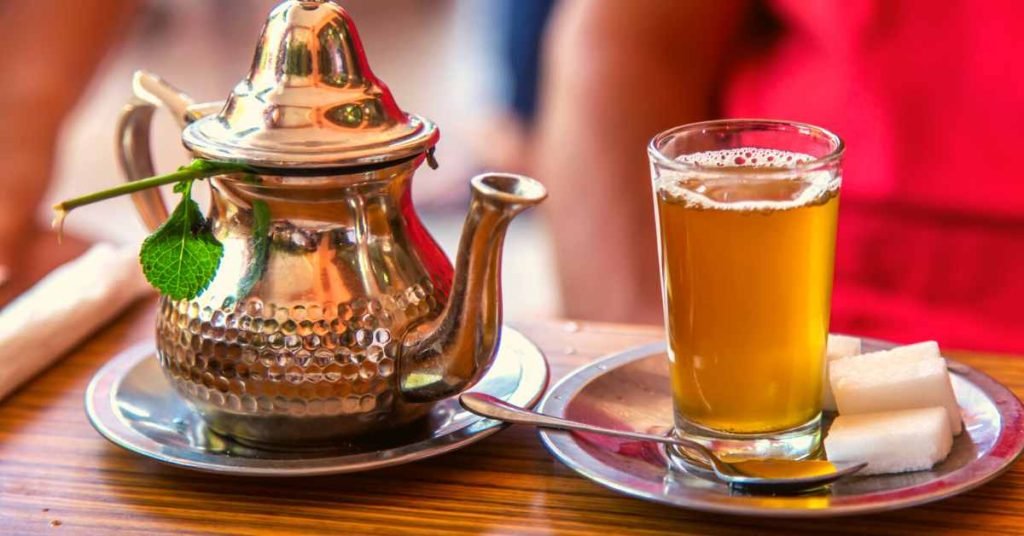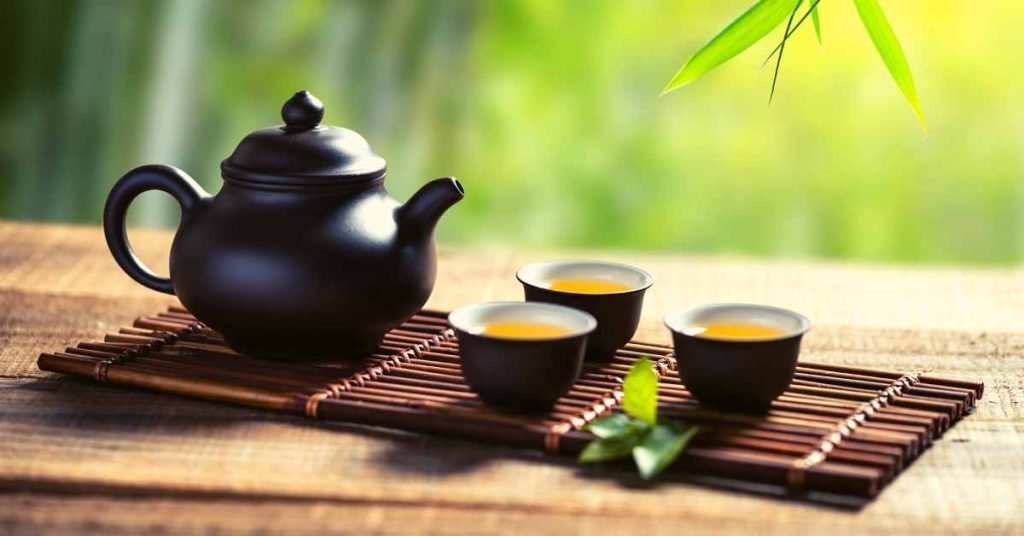In a world where the quest for longevity and a healthier lifestyle is paramount, age-old traditions often collide with modern science in the pursuit of the elixir of life.
One such ancient practice that has stood the test of time is the consumption of tea.
Renowned for its diverse flavors, cultural significance, and purported health benefits, tea has been a staple in societies across the globe for centuries.
But does the ritualistic act of sipping tea hold the key to a longer, healthier life, or is it merely a comforting notion steeped in tradition?
Historical Roots

Tea, believed to have originated in China around 2737 BCE, has a rich history intertwined with cultural ceremonies, trade routes, and medicinal practices.
Over the years, it has transcended borders and found its way into the hearts and cups of people worldwide.
Chinese legend credits Emperor Shen Nong with the discovery of tea, as he sipped hot water containing tea leaves and found it both refreshing and invigorating.
From this mythical origin, tea became a cultural cornerstone, evolving into various forms such as green, black, white, and oolong teas.
Antioxidant Arsenal
One of the primary claims attributing longevity to tea consumption is its rich antioxidant content. Antioxidants are compounds that neutralize free radicals in the body, reducing oxidative stress and inflammation.
Tea, particularly green tea, is hailed for its abundance of polyphenols, catechins, and flavonoids, all potent antioxidants with potential health benefits.
Epigallocatechin gallate (EGCG), a type of catechin found in tea, has been the subject of numerous studies for its potential anti-cancer properties and ability to combat cardiovascular diseases.
Heart Health

Cardiovascular diseases are a leading cause of mortality globally, prompting researchers to explore preventive measures.
Tea, with its potential to improve heart health, has become a subject of interest. Studies suggest that regular tea consumption may contribute to a reduction in the risk of heart disease.
Antioxidants in tea are believed to improve endothelial function, enhance blood vessel dilation, and regulate blood pressure.
The presence of the amino acid L-theanine in tea is also thought to have a calming effect on the cardiovascular system, further supporting heart health.
Brain Boost
Beyond the heart, tea is rumored to be a brain booster. The combination of caffeine and L-theanine, found in varying proportions depending on the type of tea, is believed to offer cognitive benefits.
While caffeine provides temporary mental alertness, L-theanine promotes relaxation, resulting in a balanced and focused state of mind.
The potential neuroprotective effects of tea have spurred research into its role in preventing neurodegenerative diseases such as Alzheimer’s and Parkinson’s.
Metabolic Magic

In a world grappling with obesity and metabolic disorders, any natural substance with potential metabolic benefits captures attention.
Green tea, in particular, has been studied for its impact on metabolism and weight management. The caffeine content in tea is known to boost metabolic rate and enhance fat burning.
Additionally, compounds like catechins may aid in fat oxidation and improve insulin sensitivity.
While the effects may not be a panacea for weight loss, the incorporation of tea into a healthy lifestyle could contribute to overall metabolic well-being.
Longevity Link
Several studies have explored the connection between tea consumption and increased lifespan. The Okinawa region in Japan, often cited for its high percentage of centenarians, attributes part of its longevity to the traditional consumption of green tea.
The polyphenols in tea, with their antioxidant and anti-inflammatory properties, are theorized to play a role in reducing the risk of chronic diseases associated with aging.
However, it’s essential to note that longevity is a complex outcome influenced by various factors such as genetics, lifestyle, and overall health practices.
Cultural Context

Beyond the biochemical nuances, the act of brewing and sipping tea holds cultural and social significance that may indirectly contribute to well-being.
Tea ceremonies, whether Japanese matcha rituals or British afternoon teas provide moments of reflection, connection, and mindfulness.
The psychological benefits of such rituals are increasingly acknowledged in promoting mental health, stress reduction, and an overall sense of well-being.
It’s plausible that the holistic experience of tea consumption, combining sensory pleasure with a pause in the day, contributes to the perceived longevity effects.
Final Word
While the notion that tea improves longevity is supported by a growing body of research, it’s crucial to approach the topic with a balanced perspective.
Tea, with its antioxidants, heart-healthy properties, and potential cognitive benefits, undoubtedly offers a myriad of health advantages. However, it’s not a magical elixir that guarantees a longer life in isolation.
The relationship between tea and longevity is multifaceted, influenced by genetics, lifestyle, and cultural practices.

Incorporating tea into a balanced and health-conscious lifestyle, alongside a nutritious diet and regular physical activity, may contribute to overall well-being.
As we sip our favorite blends, let us savor the rich tapestry of tradition, flavor, and potential health benefits that tea brings to our lives, recognizing that the path to longevity is a holistic journey shaped by numerous interconnected factors.
MEDICAL DISCLAIMER
Itsnevernotteatime.com cannot and does not contain medical/health advice. The medical/health information is provided for general and educational purposes only and is not a substitute for professional advice.




